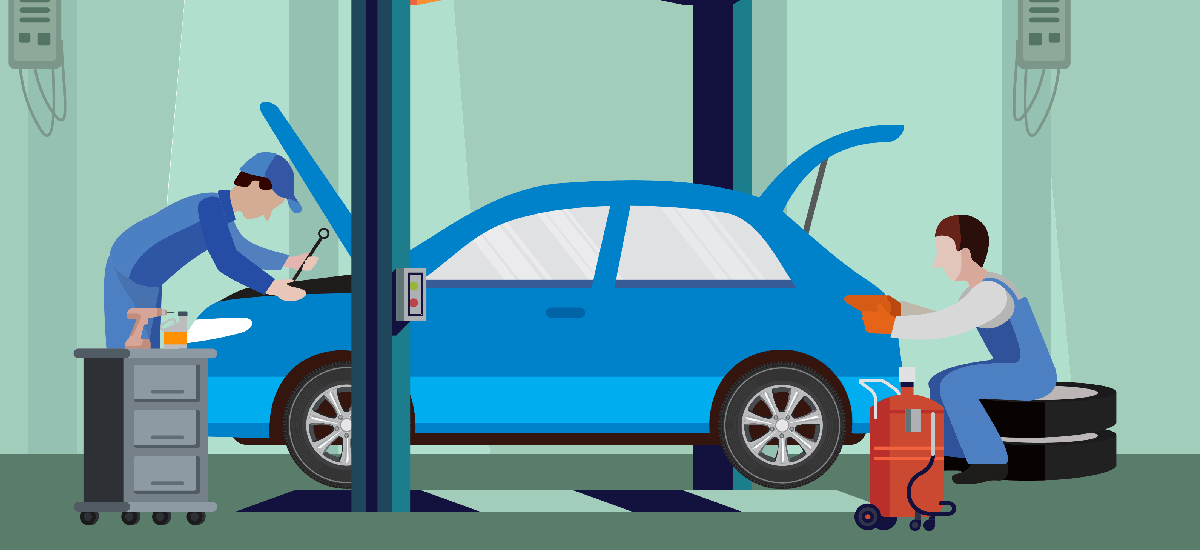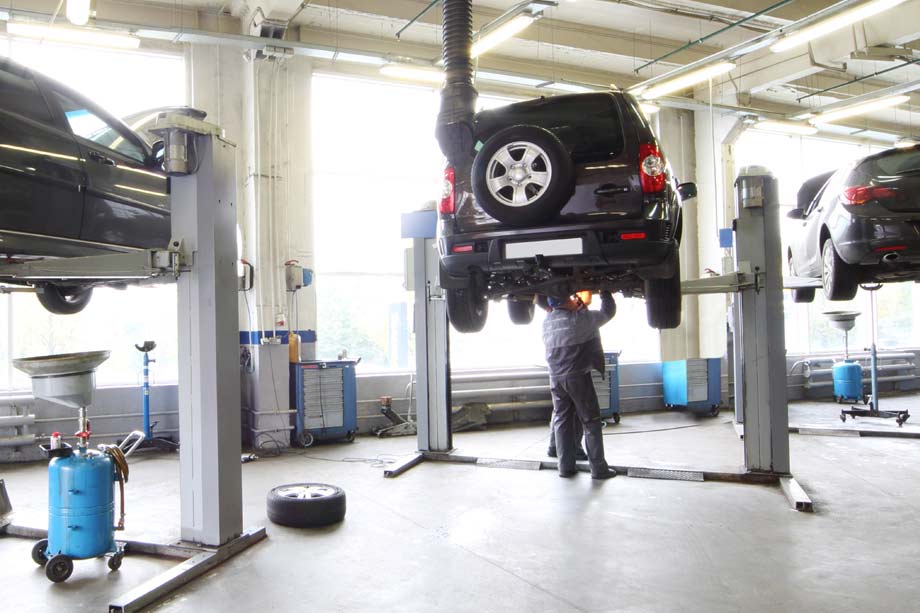All Categories
Featured
The transmission is one of the most important elements of your automobile, making certain that the engine's power is properly transferred to the wheels. Whether you drive a automated or hands-on transmission, keeping the transmission in leading problem is crucial to keeping your automobile's total performance. Routine maintenance and timely repair work can protect against pricey concerns and maintain your auto running smoothly for lots of years. Below's a guide to recognizing transmission fixings and upkeep.
Monitoring and changing your transmission liquid consistently is among the most basic ways to protect against transmission problems. If the fluid is filthy or low, it can trigger the transmission to slip, get too hot, or stop working completely. See to it to follow the supplier's referrals for fluid adjustment intervals and constantly use the right liquid type for your automobile.
Slipping Equipments: If your vehicle all of a sudden slips out of gear or has difficulty remaining in the appropriate equipment, maybe due to reduced liquid degrees, damaged parts, or inner damage.
Grinding or Unusual Sounds: Any kind of grinding, grumbling, or clunking noises when driving or moving equipments can show problems with the transmission's bearings or gears.
Postponed or Harsh Changing: If the transmission hesitates or really feels jerky when moving in between equipments, it may suggest inner damages or a fluid issue. When moving from park to drive or reverse., this can be especially noticeable.
Warning Lights: Focus on your cars and truck's control panel warning lights. If the check engine light or transmission-specific light appears, it's time to obtain your transmission checked.
![]()
Liquid Checks and Modifications: Make it a routine to examine your transmission fluid consistently. If it's low, leading it up; if it's unclean or stained, change it. Fluid modifications are commonly advised every 30,000 to 60,000 miles, depending upon the make and version of your lorry.
Monitor Leaks: Transmission fluid leaks prevail and can be brought on by used seals, gaskets, or cracks in the transmission housing. Consistently check for indicators of fluid leak below your lorry, particularly if you see brown or red fluid spots.
Transmission Filter Replacement: The transmission filter assists trap particles and pollutants in the fluid. It can limit fluid circulation and trigger damages to the transmission if the filter is obstructed. Replacing the filter as part of your routine maintenance can avoid many prospective problems.
Stay Clear Of Getting Too Hot: Overheating is a significant factor to transmission failure. Avoid hefty towing, extreme idling, and stop-and-go driving in hot weather condition, every one of which can worry the transmission and cause it to overheat.
![]()
In cases where the transmission is significantly damaged, you might require to take into consideration a restore or complete substitute. A rebuild includes dismantling the transmission, replacing damaged or used components, and reassembling it, usually at a reduced expense than changing the whole unit. Replacing the transmission may be the ideal option if the damages is substantial.
![]()
Numerous service center use guarantees on transmission repairs, which can provide you assurance understanding your investment is shielded. Make certain to ask about warranties prior to consenting to any type of significant repair work.
Although transmission repair services can be costly, remaining on top of upkeep and addressing problems early can aid avoid the requirement for a complete transmission substitute, which can be a substantial financial concern.
Verdict. Transmission maintenance is crucial for the overall health of your automobile. Regular fluid checks, timely repairs, and following the supplier's guidelines can make sure that your transmission stays in superb problem for years to come.
- Understanding Transmission Liquid. Transmission liquid is critical for the smooth operation of your vehicle's transmission. It functions as both a lube and a coolant, avoiding the relocating components from reducing and overheating rubbing. With time, the fluid can damage down and become contaminated with dust, metal shavings, and various other particles, causing harm within the transmission system.
Monitoring and changing your transmission liquid consistently is among the most basic ways to protect against transmission problems. If the fluid is filthy or low, it can trigger the transmission to slip, get too hot, or stop working completely. See to it to follow the supplier's referrals for fluid adjustment intervals and constantly use the right liquid type for your automobile.
- Indicators of Transmission Issues. Having the ability to determine the very early indicators of transmission problems can conserve you from expensive fixings or total transmission failing. Below are some typical indicators to keep an eye out for:
Slipping Equipments: If your vehicle all of a sudden slips out of gear or has difficulty remaining in the appropriate equipment, maybe due to reduced liquid degrees, damaged parts, or inner damage.
Grinding or Unusual Sounds: Any kind of grinding, grumbling, or clunking noises when driving or moving equipments can show problems with the transmission's bearings or gears.
Postponed or Harsh Changing: If the transmission hesitates or really feels jerky when moving in between equipments, it may suggest inner damages or a fluid issue. When moving from park to drive or reverse., this can be especially noticeable.
Warning Lights: Focus on your cars and truck's control panel warning lights. If the check engine light or transmission-specific light appears, it's time to obtain your transmission checked.

- Transmission Maintenance Tips. Regular upkeep is necessary to prolong the life-span of your transmission and keep it running effectively. Here are a couple of vital maintenance tips to comply with:
Liquid Checks and Modifications: Make it a routine to examine your transmission fluid consistently. If it's low, leading it up; if it's unclean or stained, change it. Fluid modifications are commonly advised every 30,000 to 60,000 miles, depending upon the make and version of your lorry.
Monitor Leaks: Transmission fluid leaks prevail and can be brought on by used seals, gaskets, or cracks in the transmission housing. Consistently check for indicators of fluid leak below your lorry, particularly if you see brown or red fluid spots.
Transmission Filter Replacement: The transmission filter assists trap particles and pollutants in the fluid. It can limit fluid circulation and trigger damages to the transmission if the filter is obstructed. Replacing the filter as part of your routine maintenance can avoid many prospective problems.
Stay Clear Of Getting Too Hot: Overheating is a significant factor to transmission failure. Avoid hefty towing, extreme idling, and stop-and-go driving in hot weather condition, every one of which can worry the transmission and cause it to overheat.

- When to Look For Transmission Services. It's vital to have your transmission inspected by a specialist auto mechanic if you experience any of the signs pointed out above. Early detection can typically avoid major repair services or the requirement for a complete transmission substitute. Small repair services, such as fluid top-offs or replacing a faulty sensing unit, are fairly budget-friendly and can assist prevent even more pricey concerns.
In cases where the transmission is significantly damaged, you might require to take into consideration a restore or complete substitute. A rebuild includes dismantling the transmission, replacing damaged or used components, and reassembling it, usually at a reduced expense than changing the whole unit. Replacing the transmission may be the ideal option if the damages is substantial.
- Picking a Dependable Transmission Fixing Store. Transmission fixings call for specialized expertise and tools. When looking for a service center, guarantee that the service technicians are educated and experienced in transmission work. A reliable store will certainly offer a detailed analysis of the problem and supply you a clear quote of the repair work expenses.

Numerous service center use guarantees on transmission repairs, which can provide you assurance understanding your investment is shielded. Make certain to ask about warranties prior to consenting to any type of significant repair work.
- Expense of Transmission Repair Works. Transmission repair services can vary extensively in expense depending on the nature of the trouble. Straightforward repair services like fluid replacement or sensor fixings can be fairly cost-effective, while major repair work or replacements can run right into the countless bucks. The price also depends on the type of automobile you have and the particular transmission system.
Although transmission repair services can be costly, remaining on top of upkeep and addressing problems early can aid avoid the requirement for a complete transmission substitute, which can be a substantial financial concern.
Verdict. Transmission maintenance is crucial for the overall health of your automobile. Regular fluid checks, timely repairs, and following the supplier's guidelines can make sure that your transmission stays in superb problem for years to come.
Latest Posts
Discover Special Auto Repair Offers in Chicago at Montclare Auto Repair
Published May 27, 25
1 min read
Reasons Routine Auto Maintenance at Montclare Auto Repair Saves You Money
Published May 25, 25
1 min read
Secure Your Home with Top Quality Residential Roofing
Published May 22, 25
1 min read